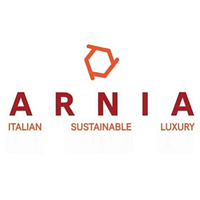
🇵🇪Peru
Topitop is a family owned company, proudly Peruvian, created in 1983 and dedicated to the manufacture of 100% cotton knitted garments.
What began 29 years ago as an ambitious familiar project today constitutes one of the top-ranking Peruvian textile manufacturer-exporters.
We currently export 70% of our production, with the USA and Germany standing as our main destinations; the remaining proportion is distributed through Topitop’s retail chain stores in Peru, Venezuela and Ecuador. Our plan is to expand to other markets with our own brands, designed and manufactured in our own plants.
Today, Topitop, after nearly three decades of competitive learning and continuous improvement, is a company with great experience in apparel innovation, as reflected by marked end-consumer preferences in Peru and abroad.
We boast a modern industrial complex, with five textile plants equipped with the latest machinery and a highly trained staff, allowing us to ensure timely delivery of our competitively priced, high quality products: key factors in our success.
Topy Top is 100% committed to sustainability and social responsibility. We try to create economic, environmental and social value in each of our steps, thinking about current and future generations.
The company offers a wide range of fabric with regular and sustainable fibers. We consider ourselves experts in prints and the most versatile company on the market in the category of knits.
Mission :
Dress the world with High Quality Casual Fashion garments.
Vision :
To be recognized as the leading Peruvian brand, both in manufacturing and in commercialization of clothing for the Retail and Export sector.















